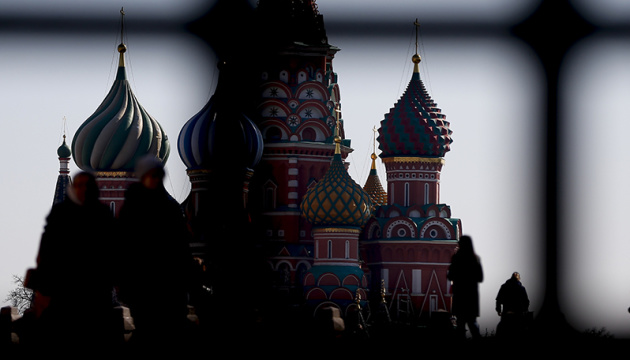The US-based think tank Institute for the Study of War (ISW) says that Russia is intensifying "rhetoric pushing for the hypothetical partition of Ukraine by seizing on innocuous and unrelated topics," likely in an "attempt to normalize the partition narrative in Western discussions about Ukraine."

